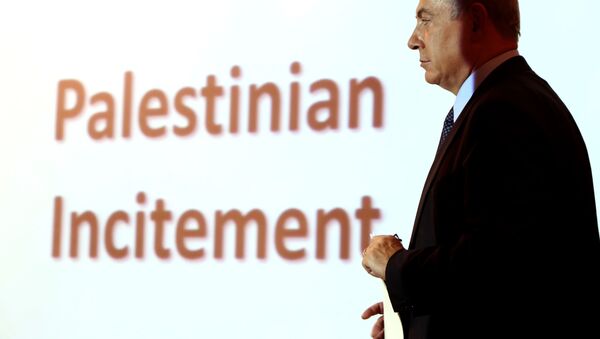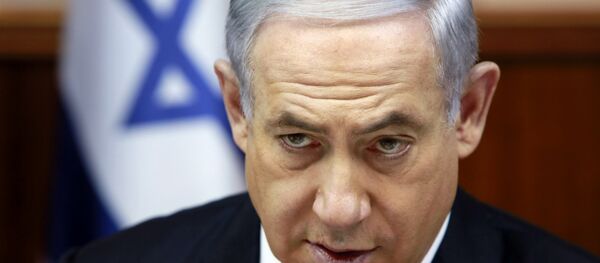Tzipi Hotovely, Deputy Foreign Minister of the Jewish State, met with representatives of Youtube and Google last week to elaborate ways of enhancing cooperation in censoring content that’s “inciting violence and terrorism,” Middle East Monitor reported.
MFA campaign against #online #incitement: DFM Hotovely met with youtube CEO & with @google public policy director. pic.twitter.com/412vLArjsl
— Israel Foreign Min. (@IsraelMFA) November 26, 2015
A joint mechanism of “monitoring and preventing” publications that qualify as inflammatory by Israeli authorities is set to go into effect soon, according to the Hebrew daily Maariv.
#Terror attacks against Israelis are the direct result of Palestinian incitement: https://t.co/sHM9rlXskU pic.twitter.com/6vTvoTZcnK
— Israel Foreign Min. (@IsraelMFA) December 1, 2015
“The daily attacks in Israel are the result of youths and children incited by the education system and the social networks, this is a daily war of incitement,” Hotovely was reported as saying by the International Middle East Media Center (IMEMC).
The official noted that Google had agreed to strengthen bilateral relations with Israel’s Foreign Ministry in monitoring and evaluating publications. But Google on Monday contradicted Hotovely’s statement, telling Agence France-Presse its representatives met with the deputy foreign minister as part of regular meetings it holds in every country where it conducts business. The Israeli Foreign Ministry thereafter corrected its online statement about the meeting.
Palestinians seek diplomatic and economic recognition of their independent state in the territories of the West Bank, East Jerusalem and the Gaza Strip. Israel has been building settlements on occupied territories, despite objections from the United Nations and the international community.




